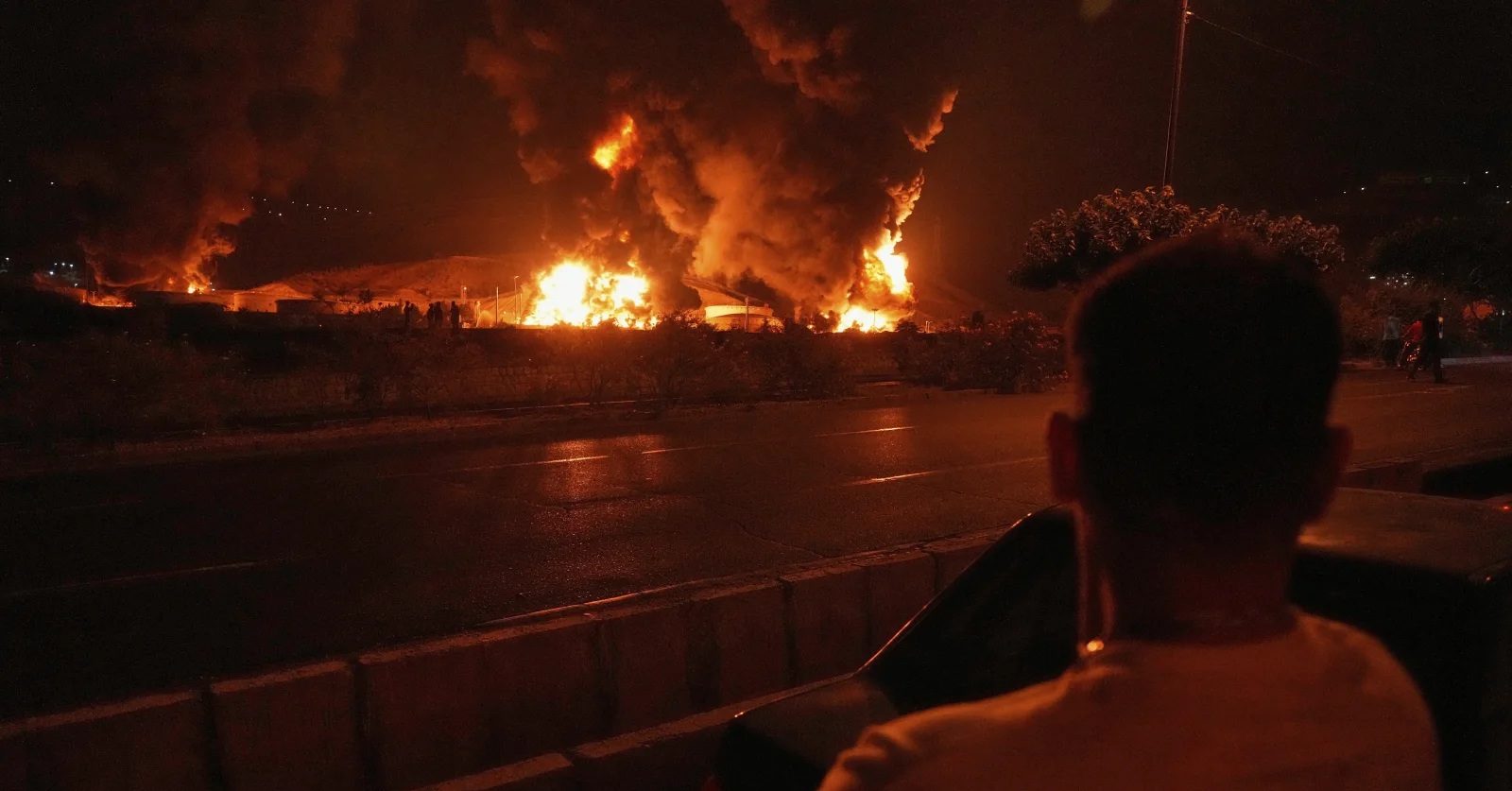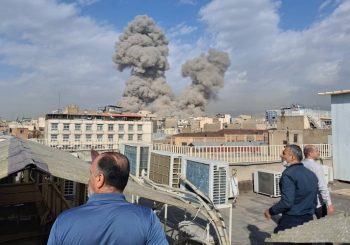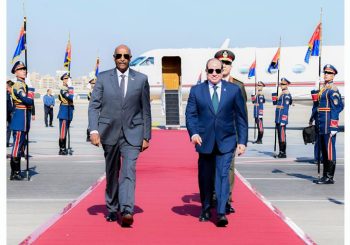Iran and Israel traded missile fire for a second straight day on Sunday, 15 June, in one of the fiercest and most direct confrontations between the longtime adversaries in years. The escalating violence, set off by Israeli strikes on Iranian nuclear and military sites on Friday, 13 June, has unleashed a deadly cycle of retaliation that is stoking fears of a broader conflict across the region.
The barrage began late Saturday, after Iran launched a wave of missiles in response to Israeli airstrikes on Friday that targeted Iranian nuclear sites and military installations. The strikes marked one of the most direct and extensive exchanges between the two longtime adversaries in recent years.
Iran’s UN envoy said Friday’s Israeli strikes killed 78 and injured at least 320, with most of the victims reported as civilians.
In retaliation, several missiles struck parts of Israel overnight. According to an Israeli official, Iran launched approximately 200 ballistic missiles in four separate waves.
Air raid sirens prompted residents to take cover as multiple missiles lit up the night sky, intercepted by defense systems. Israeli officials and local media reported that three people were killed and dozens more injured in the overnight missile strikes.
Israel has intensified its offensive against Iran on Sunday, 15 June, striking key components of the country’s energy infrastructure and hitting the headquarters of its Defense Ministry. The coordinated assaults marked a sharp escalation in hostilities begun by Israel two days earlier.
As the conflict deepened, Iran launched another retaliatory strike against Israel overnight into Sunday, killing 13 people.
Israel’s defense minister, Israel Katz, warned that “Tehran will burn” if Iran continues to launch attacks. Speaking during a security assessment with military officials, he said, “The Iranian dictator is turning the citizens of Iran into hostages and creating a reality in which they, especially the residents of Tehran, will pay a heavy price for the criminal attack on Israeli civilians.”
On the other hand, the United States’ President, Donald Trump, acknowledged prior knowledge of the Israeli operation, stating that he had urged Iran’s leadership to negotiate, warning that they should “make a deal before there is nothing left.”
As concerns over regional stability grew in the aftermath of Israel’s strike on Tehran, Egypt’s foreign minister, Badr Abdelatty, held phone discussions on Friday with his counterparts from France, Greece, Cyprus, and Iraq.
He warned that Israel’s strike on Tehran risked further destabilizing an already volatile region and could trigger a wider conflict.
The minister also urged the international community to take immediate action to prevent further escalation and to support efforts aimed at restoring stability, emphasizing the need to uphold international law and respect the sovereignty of states.







Comments (0)